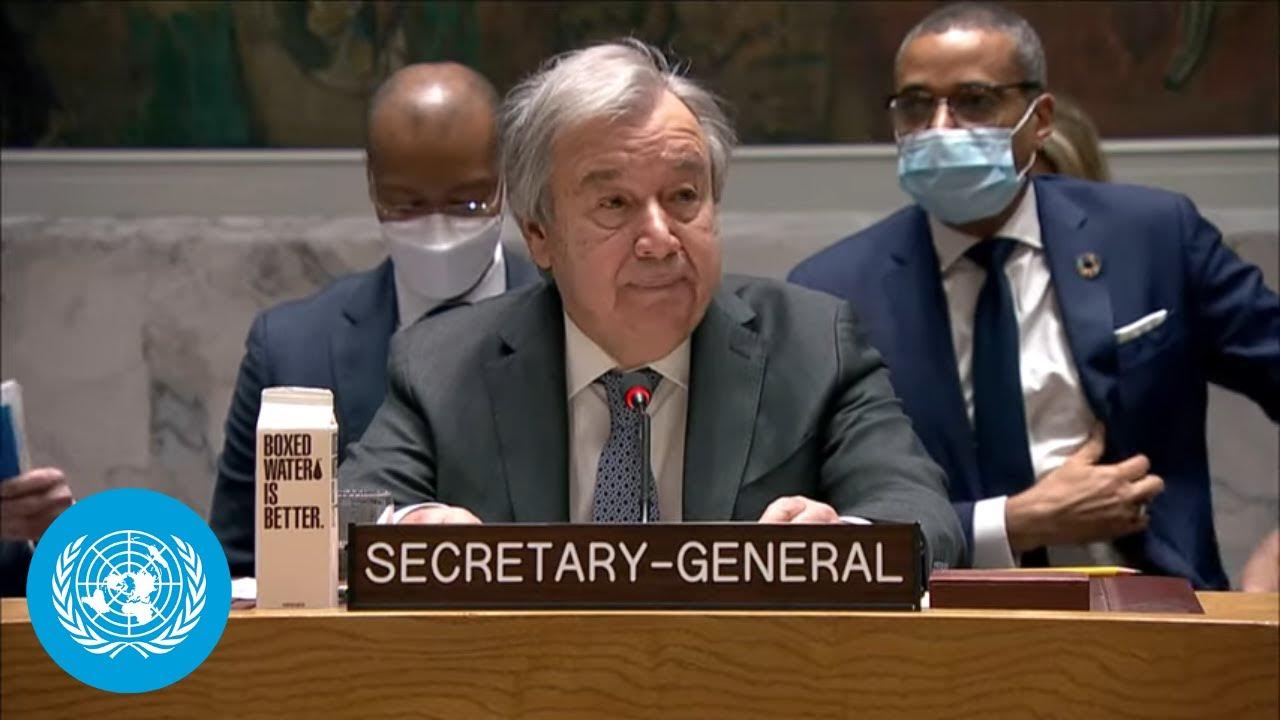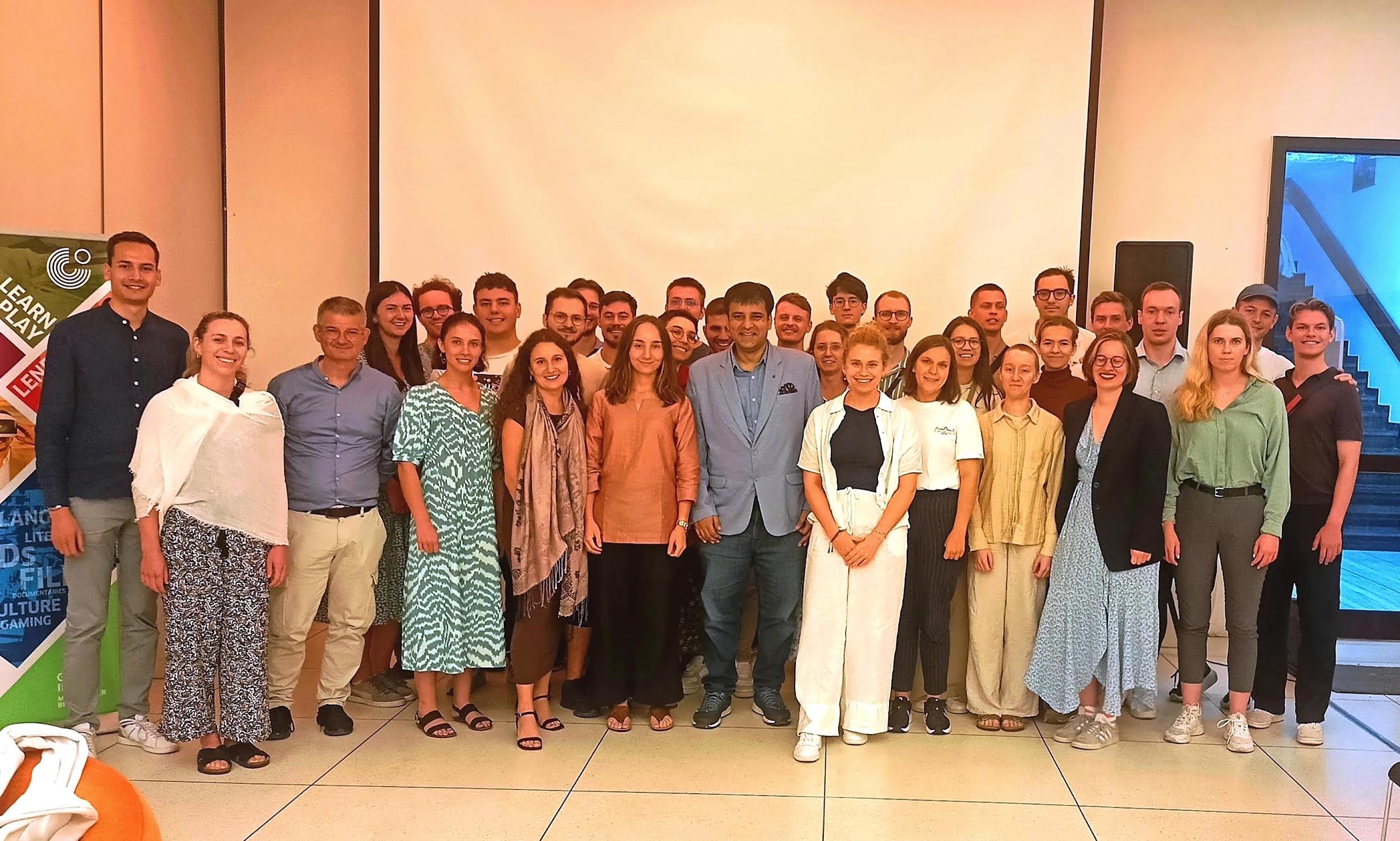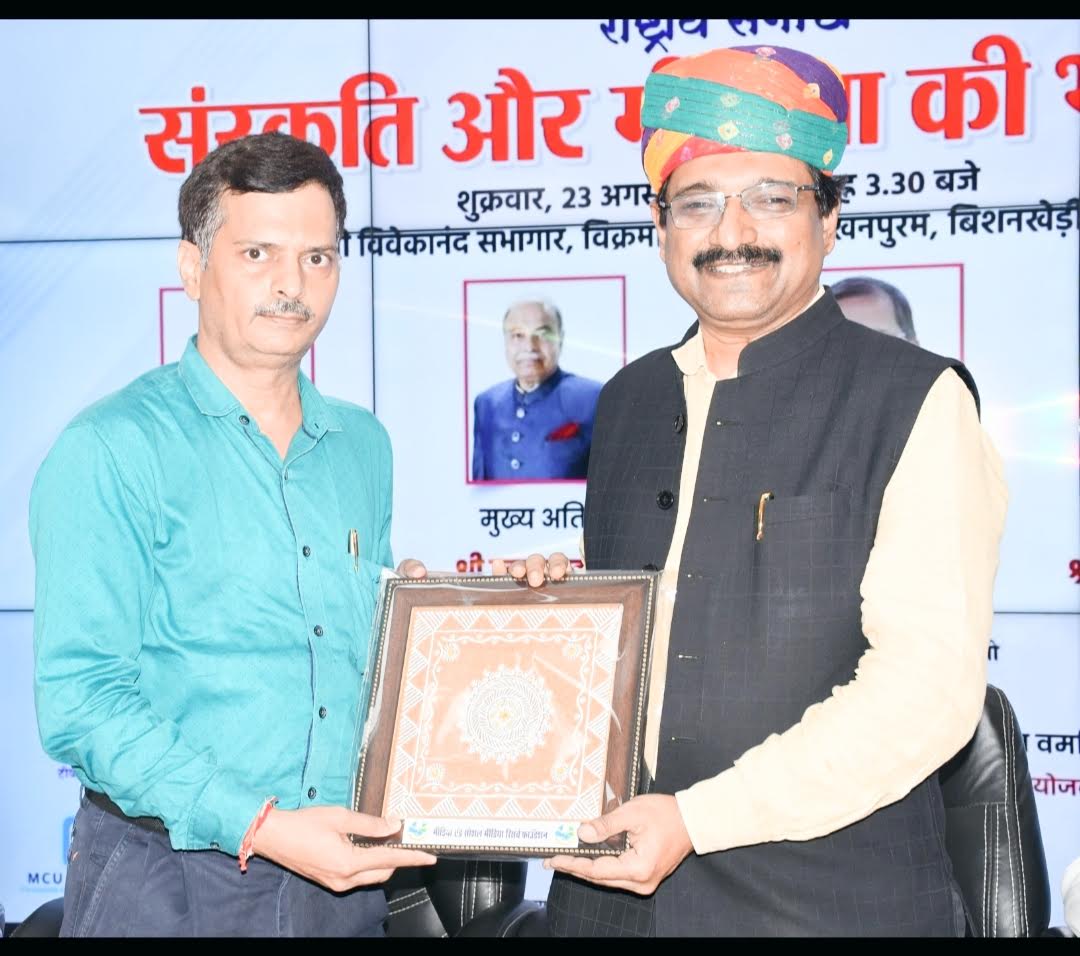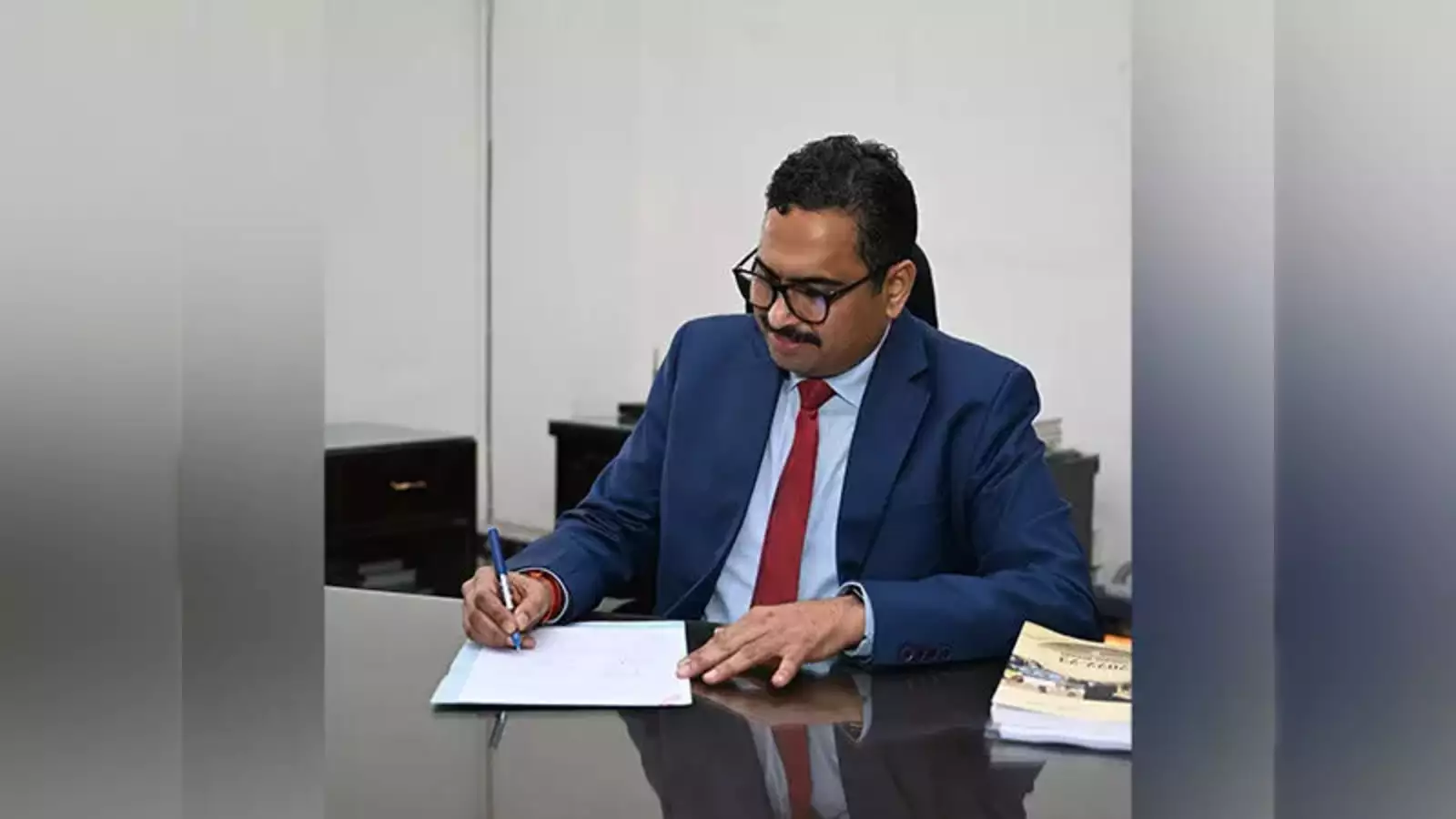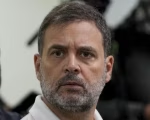Question: How frustrated are you by the lack of action from G20 and other developed nations, particularly as they continue to expand oil and gas production?
Secretary-General: I’m extremely concerned. G20 countries represent 80% of emissions, and it is obvious that without a drastic reduction of emissions of all of them, we will not be able to keep the 1.5 degree, and we might risk even to go over the two degrees, which will be absolutely devastating. And there is a dialogue that we need to dismount. Sometimes developed countries say, well we have already done a programme to reduce our emissions, so it’s emerging economies that now will do the same. And emerging economies say, but you have polluted during decades, and now we also need some margin in relation to the development of our country. And if we count by consumption instead of by production, then the emissions in developed countries are much higher. This kind of dialogue leads nowhere.
We cannot go on blaming each other. We absolutely need all G20 countries to come together, to use the best technologies available within the G20 to use the financial resources that exist within the G20 and in multilateral development institutions, and to have a concerted global action to have a drastic reduction of emissions in until 2030; if that does not happen, we will be in an irreversible situation with absolutely devastating consequences.
Question: In a similar way, Secretary-General, you called for a fast phase out of fossil fuels. Is it fair or acceptable for a country like Australia to continue to improve new coal and gas projects?
Secretary-General: Well, what we say is that we need to have a phase out of fossil fuels that is done through a just transition, and that means that fossil fuels need to be phased out, that I believe is today scientific evidence. But obviously the situation in different countries is different, and the justice in the way this is done means that there are different reasons and there are different ways to do it, but let’s have no illusion: without phase out of fossil fuels in a fair and just way, there is no way we can keep the 1.5 degrees alive.
Question: Are hoping to have leaders agree to a sea level rise declaration by the end of the week, and for it to be presented at the UNGA later next month. Do you think PIF and the General Assembly should support the declaration? And also, how are your plans for a pledging conference on climate change and how’s it coming about. I understand your target is $500 million.
Secretary-General: I have a lot of confidence in the determination of Pacific Islands to speak loud and clear in the next General Assembly. We have seen that with sea level rise, the impact is particularly dramatic in Pacific Islands. And Pacific Islands do not contribute to Climate Change, so they have a moral authority to ask those that are creating this in accelerating the sea level rise to reverse these trends. And we count on the leadership of Pacific Islands and will be fully supportive of their declaration.
Question: I just have a question, because you see the building so climate change here in Tonga, are we seeing any technical or financial assistance soon from the office?
Secretary-General: I am totally committed to mobilize the new capacity that the UN has in the Pacific, to support Tonga, and to support all islands of the Pacific. Yesterday, I had the opportunity to see the inauguration of a meteorological radar that is part of the first line of protection, and it’s financed by, essentially by New Zealand. And Tonga will be equipped from now on to have an effective early warning system. So, we are very much willing to cooperate with the Government of Tonga to strengthen their capacity.

